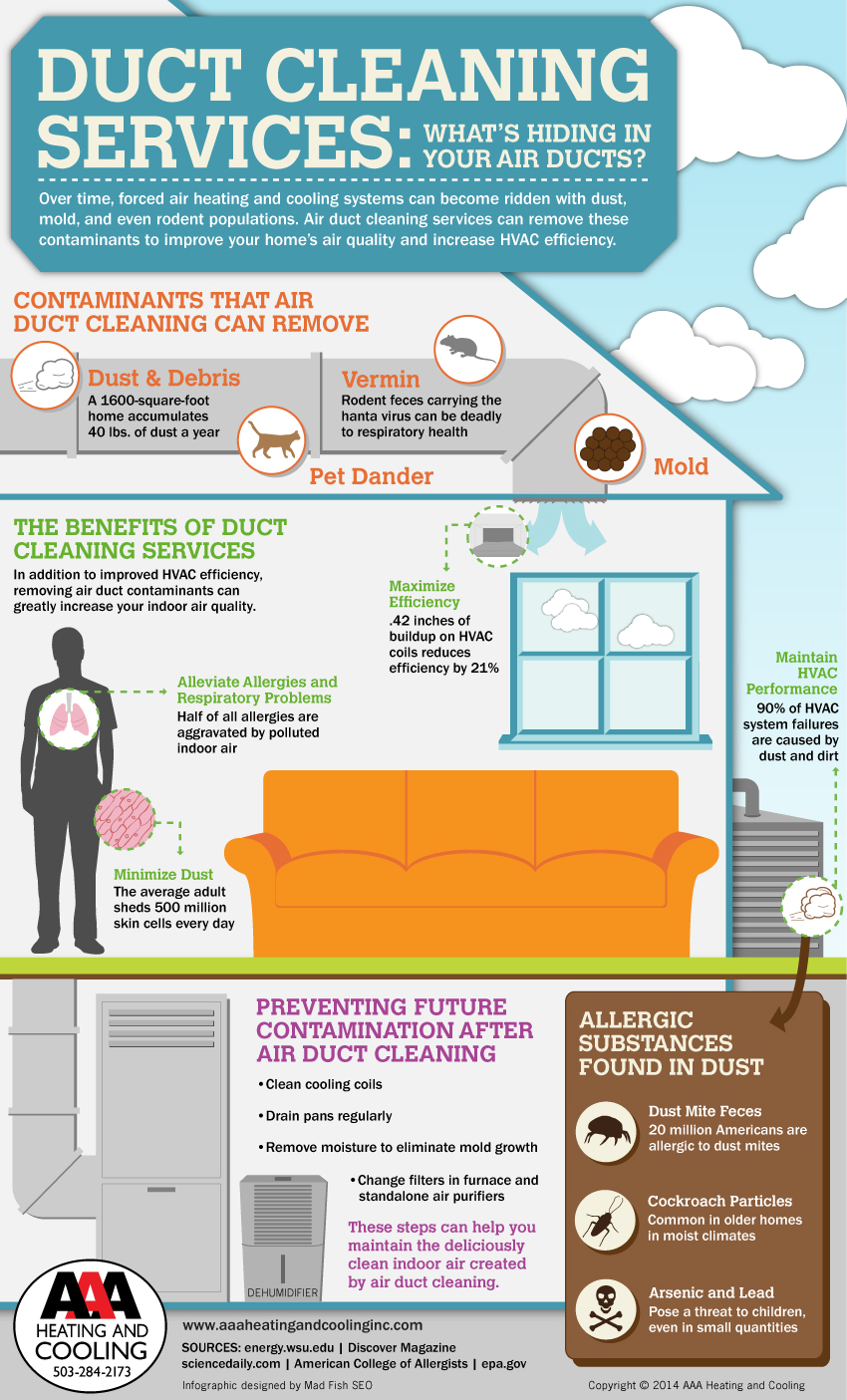Discover The Key Techniques To Improve The Efficiency And Lifespan Of Your Heat Pump System By Avoiding Normal Installment Errors
Discover The Key Techniques To Improve The Efficiency And Lifespan Of Your Heat Pump System By Avoiding Normal Installment Errors
Blog Article
Material Author-Parrish Gillespie
When setting up a heatpump, you have to avoid usual errors that could threaten its effectiveness. Ignoring correct sizing might result in inadequacies and higher utility prices. Ignoring insulation and sealing might cause energy wastefulness and stress on the device. Moreover, positioning the outdoor device inaccurately may impact its efficiency. By avoiding these errors, you can make certain optimal functioning and sturdiness of your heatpump system.
Improper Sizing of Heatpump
When it involves the installation of heatpump, among one of the most usual blunders is poorly sizing the device for your room. Making sure the ideal size is important for ideal performance. If the heatpump is too tiny, it will certainly have a hard time to warm or cool your space efficiently, causing raised energy bills and prospective wear and tear on the unit.
On the other hand, if the heatpump is also huge, it will cycle on and off regularly, creating temperature changes and reducing its life expectancy.
To prevent this mistake, it's vital to have a professional evaluate your space and advise the appropriate dimension of the heat pump based upon factors like square video footage, insulation, ceiling elevation, and neighborhood environment. By spending the moment and effort to make certain the right sizing, you can enjoy a comfortable atmosphere while taking full advantage of energy efficiency and extending the lifespan of your heat pump.
Inadequate Insulation and Sealing
To make sure the reliable procedure of your heat pump, it's essential to address poor insulation and sealing in your space. Correct insulation helps maintain a constant temperature inside, minimizing the work on your heat pump. Poor insulation can bring about energy loss, making your heat pump job harder and much less effectively.
Sealing any type of voids or leaks in your area is just as essential. These voids allow conditioned air to leave and exterior air to leak in, forcing your heat pump to compensate for the temperature fluctuations.
Incorrect Positioning of Outdoor System
Addressing the positioning of your heat pump's outdoor system is key to optimizing its performance. Mounting the outside device in a wrong place can result in effectiveness issues and potential damages to the unit.
Recommended Looking at to avoid is putting the outside system as well near a wall or other structures. This can restrict airflow, creating the unit to work harder to warm or cool your space, inevitably reducing its performance and lifespan.
https://averagecosttoreplaceheati21975.win-blog.com/11463805/captivated-by-the-leads-of-heatpump-modern-technology-uncover-exactly-how-it-can-revolutionize-your-home-s-convenience-and-enhance-energy-effectiveness to avoid is putting the outside unit in straight sunshine. While some sunlight is unavoidable, extreme exposure can lead to getting too hot, especially throughout hot summertime days. https://airconditioningservicecon00099.getblogs.net/63731277/distinguishing-between-air-resource-and-ground-source-heat-pumps-which-is-the-ideal-remedy-for-you to place the outside system in a shaded area to assist keep its ideal operating temperature level.
In addition, see to it that the outdoor unit is placed on a steady and level surface. Unequal ground can cause vibrations and unnecessary strain on the unit, impacting its performance gradually.
Conclusion
To conclude, preventing typical errors throughout heatpump installment is crucial for optimizing effectiveness and longevity of your system. By making sure appropriate sizing, sufficient insulation, securing, and correct positioning of the exterior unit, you can avoid concerns such as ineffectiveness, raised energy costs, and strain on the system. Putting in the time to attend to these vital aspects will inevitably save you time and money in the future.
